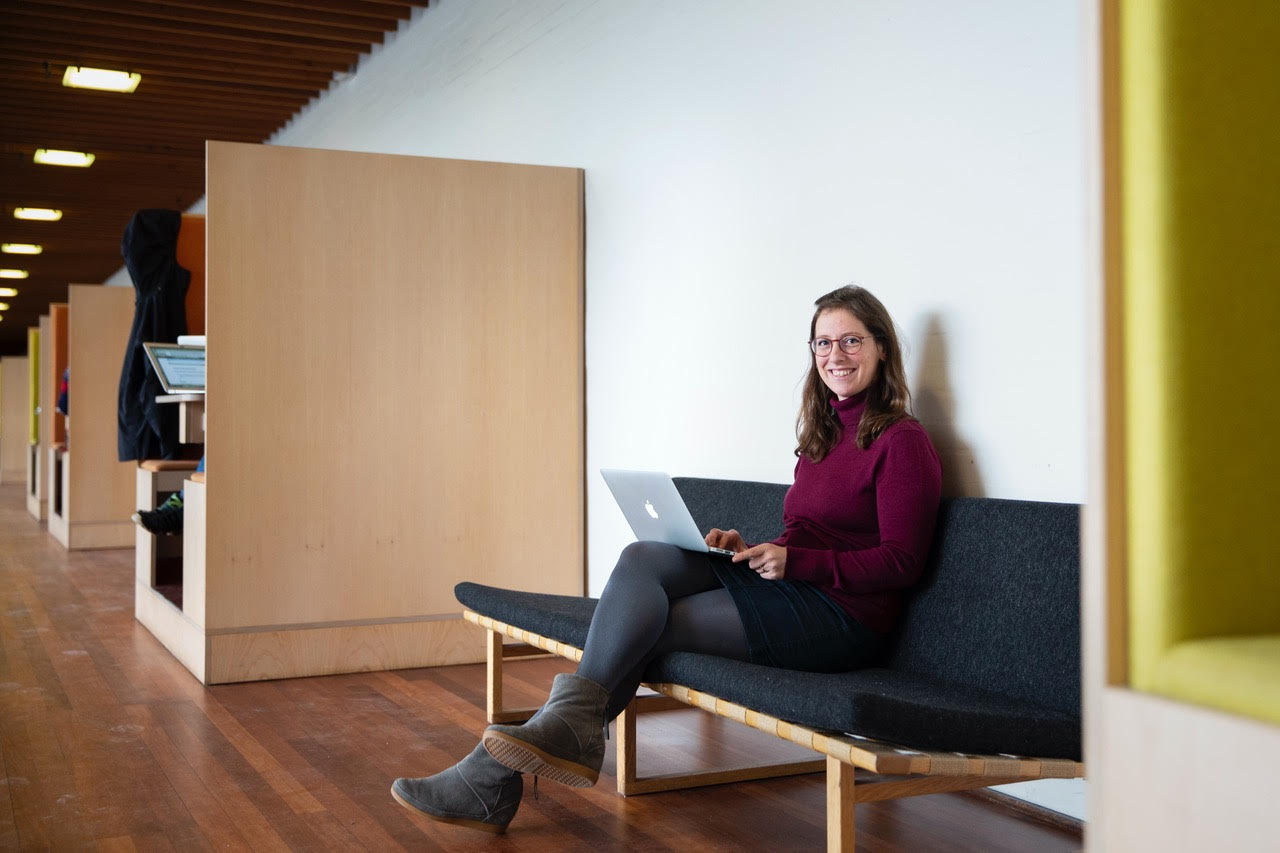One grant recipient is Gemma Solomon. Based on a grant of DKK 2.9 million for the Model Chemistry on Surfaces project, she can now carry out research that eventually may improve cancer treatment or the utilisation of renewable energy. Gemma Solomon is a professor at the Department of Chemistry at the University of Copenhagen.
“The project will investigate the properties of individual molecules on a surface. Our discoveries can provide fundamental insight into the electrical properties of these molecules and how they evolve when they are affected by fields such as visible light. These processes are important for designing solar cells to create renewable energy and further developing photodynamic cancer therapy,” explains Gemma Solomon.
According to Lene Oddershede, Senior Vice President, Natural & Technical Sciences, Novo Nordisk Foundation, Gemma Solomon’s project is a good example of what the Foundation wants to support through project grants for research in the natural and technical sciences.
“The Model Chemistry on Surfaces project is an example of fundamental research that can create important understanding of how energy excites molecules and thus changes their electrical state. The project is basically theoretical, with the models guided by experiments carried out by an international partner. This interaction between theory and experiments is very fruitful to achieve in-depth understanding of the system,” she says.
Basic research may be important for renewable energy and cancer treatment
Gemma Solomon is a theoretical chemist and works at the intersection of theoretical chemistry, theoretical physics and theoretical nanoscience. Her research group’s main focus with the new grant is to learn more about how individual molecules behave on a surface when they are excited and especially how this process affects the electrical properties of the individual molecules.
This knowledge has practical implications in many scientific fields in the real world. Gemma Solomon explains that the grant will help the researchers to take the next step:
“The grant makes a big difference for us, because it enables us to hire colleagues to investigate new ideas in our field in collaboration with colleagues from all over the world. The grant means that we can hire a postdoctoral fellow and a PhD student to become part of our research group,” she says.
“Better understanding than we ever thought possible”
Gemma Solomon and her colleagues will collaborate on the research with a research group from the University of Regensburg in Germany. Researchers from Regensburg have developed highly specialised experimental techniques for studying the properties of molecules on a surface.
The specifics of the research involve understanding and examining what happens in a single molecule when electrons become excited or revert back to the ground state – which means that the internal charge distribution of the electrons in the molecule changes. In the world around us, molecules are excited when they absorb light from such sources as the sun or a laser. Detailed understanding of the excited states of molecules opens the door to making controlled chemical modifications that can lead to the creation of molecular systems with new or improved properties.
When researchers study excited molecular states in traditional chemical or biological environments, they usually study the effects in many molecules simultaneously. However, there are limitations, and this challenge is now being taken up in the collaboration between the researchers in Denmark and Germany.
“Our partners can study changes to a single molecule at the atomic level, and thus we can learn something that cannot be learned by studying many molecules simultaneously. The theoretical side of the collaboration enables us to understand the field in greater depth and ask more questions,” says Gemma Solomon, who already expects to have the initial results within 6 months together with her research group.
“I think that we will probably be able to understand more about the individual molecules through this research than we ever thought possible,” she says.
Project Grants in the Natural and Technical Sciences
The Foundation has just awarded Project Grants in the Natural and Technical Sciences totalling DKK 60 million for 21 projects that have each received up to DKK 3 million.
The grants have been awarded to basic research projects in Denmark of the highest international calibre with potential within the life sciences, health sciences or biotechnology.
Further information
Marie-Louise Jersin, Senior Communications Partner, +45 3049 4957, [email protected]








